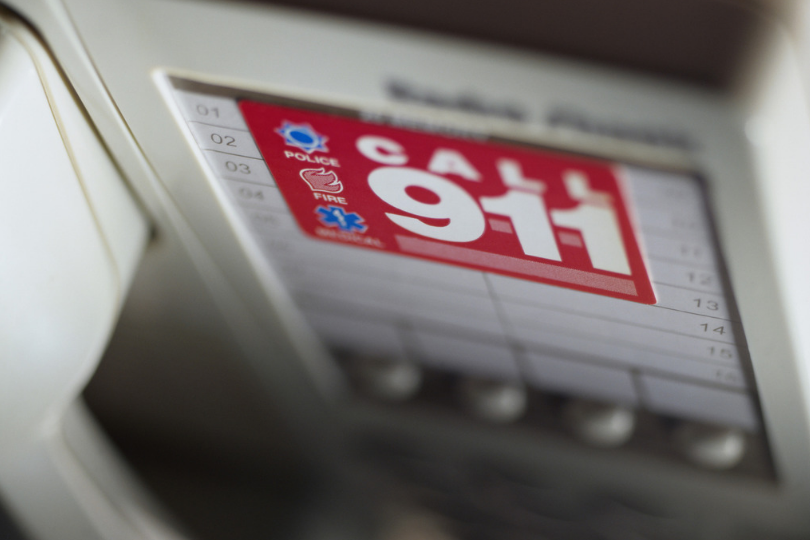
The first 9-1-1 call was made in 1968 by Senator Rankin Fite to inaugurate the new emergency communications system, and since then the 9-1-1 industry has seen many myths and assumptions pop up out of nowhere. Some of these stories are harmless, and some can may have serious or even life-threatening consequences to people who assume they are true. This post will cover some of the more famous 9-1-1 myths, but it’s important to do your research whenever you come across a claim on the internet.
9-1-1 Myth 1: Cell Phones Always Know Your Exact Location
It’s hard to believe with apps like Lyft and Door Dash that 9-1-1 doesn’t know your exact location when you call on a cell phone, but the truth is that the legacy 9-1-1 infrastructure just isn’t able to utilize this kind of technology. Companies like RapidSOS are working to help Public Safety Answering Points integrate this blue dot technology into their systems, but not every PSAP has it yet. To ensure a 9-1-1 telecommunicator can get help to you quickly, you should always be able to confirm your location, whether they have blue technology in their center or not.
All of the NCT9-1-1 region is integrated with blue dot technology, but our telecommunicators will still ask you to confirm your location every time.
9-1-1 Myth 2: Hang Up Immediately When You Accidentally Call 9-1-1
Though telecommunicators might appreciate your intention to avoid tying up the line, you’re actually wasting more time. Telecommunicators are required to call back any hang ups, so when you misdial it’s better to remain on the line and explain the situation. It happens more often than you’d think, and your local call takers will be glad that you didn’t waste more of their time.
9-1-1 Myth 3: You Should Call 9-1-1 to Report Power Outages
Your community’s PSAP doesn’t have any effect on returning power during an outage, and calling them to report it only ties up the line. If you’re looking to know when the power will return, a better option is to call the power company directly.
The only exception to this rule is if you or a family member utilize a life-saving medical device that relies on power. It would be acceptable to call 9-1-1 in this case.
This list could go on, but a better choice is to practice sound judgment. Not everything you read on the internet is true, so always verify the source of new information and do your due diligence and research to confirm its accuracy. Don’t let a 9-1-1 myth stand in the way of getting life-saving help in an emergency.